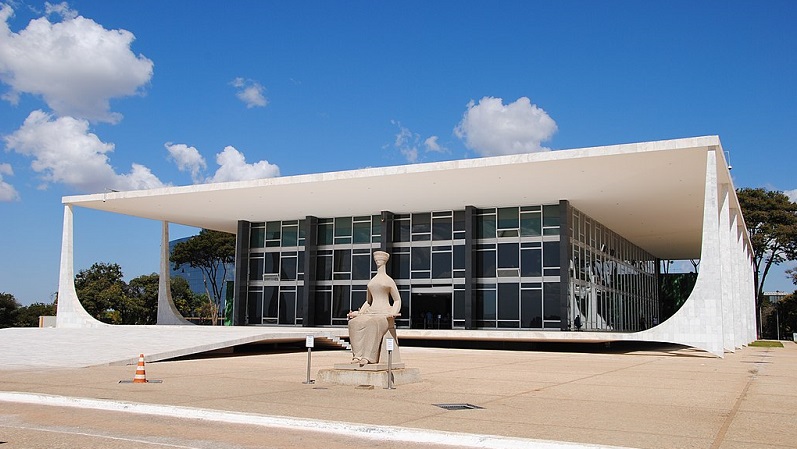Brazil’s Supreme Court has emerged as the first in the world to recognise the Paris Agreement as a human rights treaty.
Brazil remains one of the global hotspots for climate litigation outside the US, Australia and Europe, but this was the first case that had made it to the country’s Supreme Court.
The declaration— which is expected to have significant implications for national and international law— was made as part of the court’s first climate change ruling, which ordered the Brazilian government to fully reactivate its national climate fund.
Read also: EU to use ‘green’ label for investments in nuclear, gas
The ruling said that “Treaties on environmental law are a type of human rights treaty and, for that reason, enjoy supranational status. There is, therefore, no legally valid option to simply omit to combat climate change,”.
According to reports, the judgment was a culmination of a lawsuit which was filed two years ago against the Brazilian federal government by four political parties, including the Workers’ Party, Socialism and Liberty Party, Brazilian Socialist Party and Sustainability Network.
They noted that the climate fund which was set up in 2009 as part of Brazil’s national climate policy plan was inoperative in 2019; annual plans had not been prepared and money had not been disbursed to support projects that mitigate climate change.
Recall that the court held a public hearing in September 2020, which included scientists, academics and people representing civil society and Indigenous groups. In the judgment which was endorsed by ten out of 11 presiding justices, Justice Luís Roberto Barroso noted the huge increase in deforestation in the Brazilian Amazon in 2021 – a problem that has shown no sign of slowing down. Brazil is the world’s fifth-largest carbon emitter and deforestation is its largest source of emissions.
In its ruling, the Supreme Court recognised the climate fund as the main tool available to cut Brazil’s emissions, stressing that not using it was a breach “by omission” of the national constitution, which requires the state to protect the environment for current and future generations.
The judgment further had it that the government “hurriedly” resumed some of the climate fund’s activities after the legal challenge was filed, but not all and ordered the state to properly reactivate the fund and prepare and present annual plans for allocating resources and disburse funds to projects.
Story was adapted from Climate Home News.
